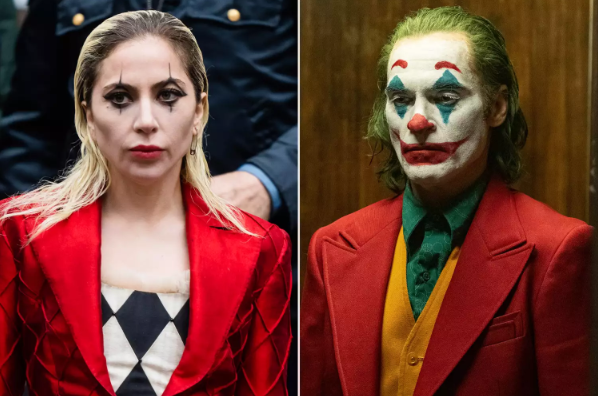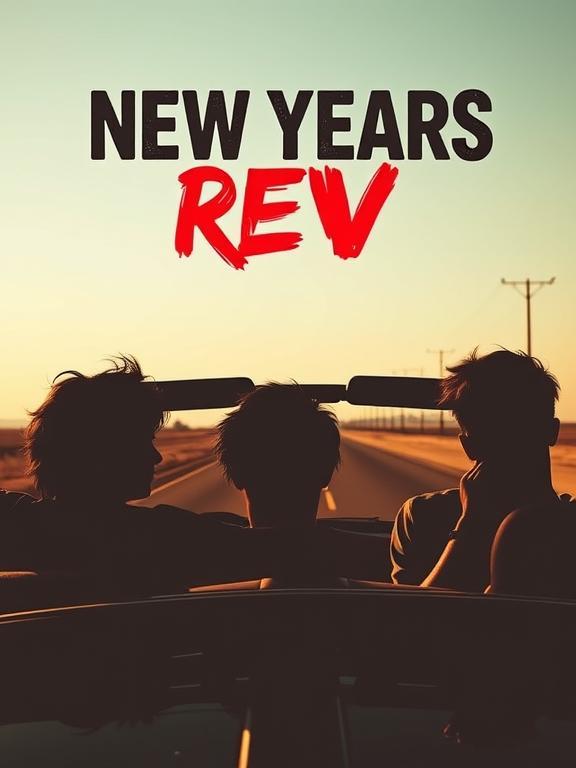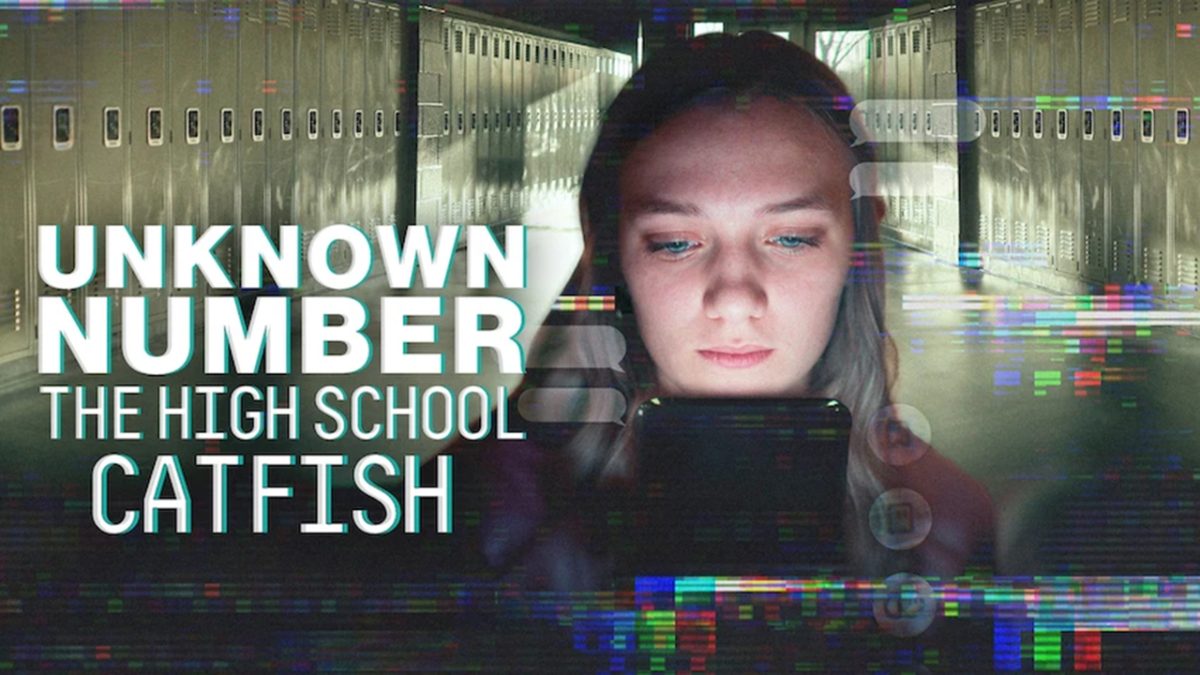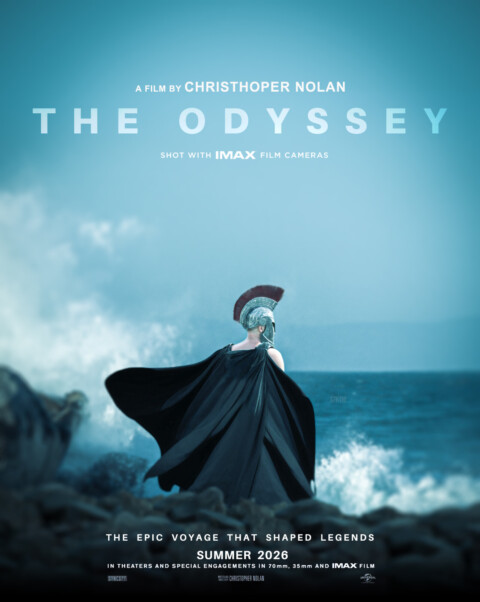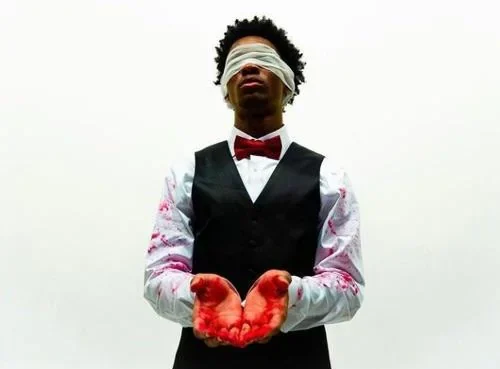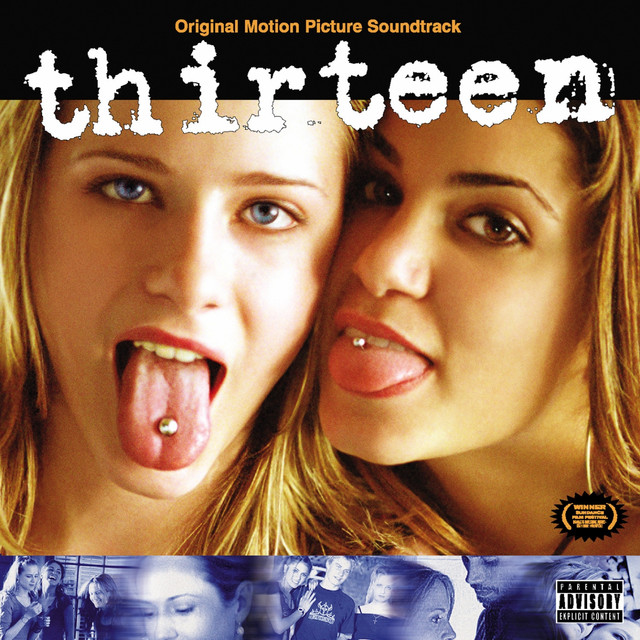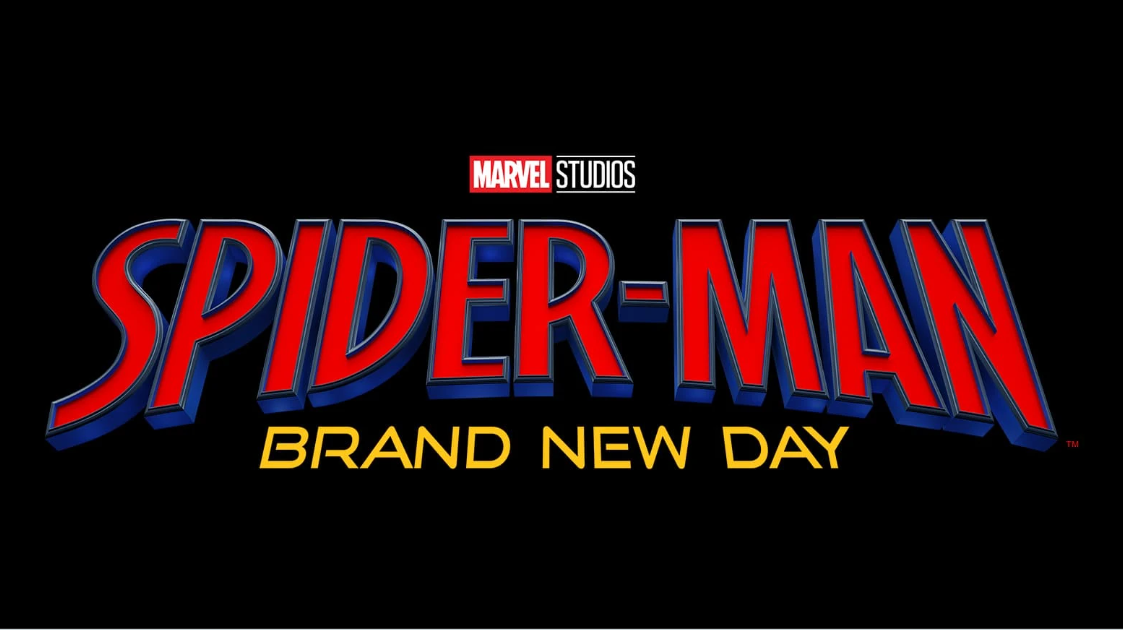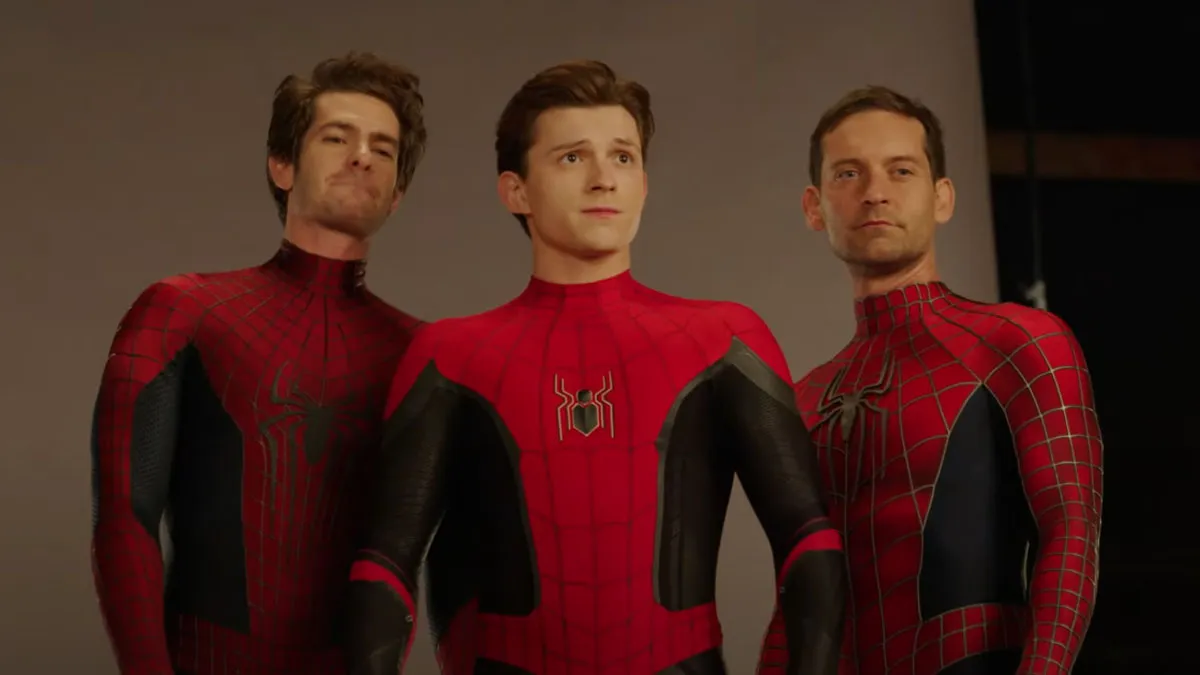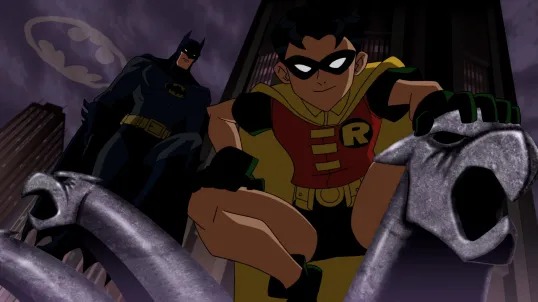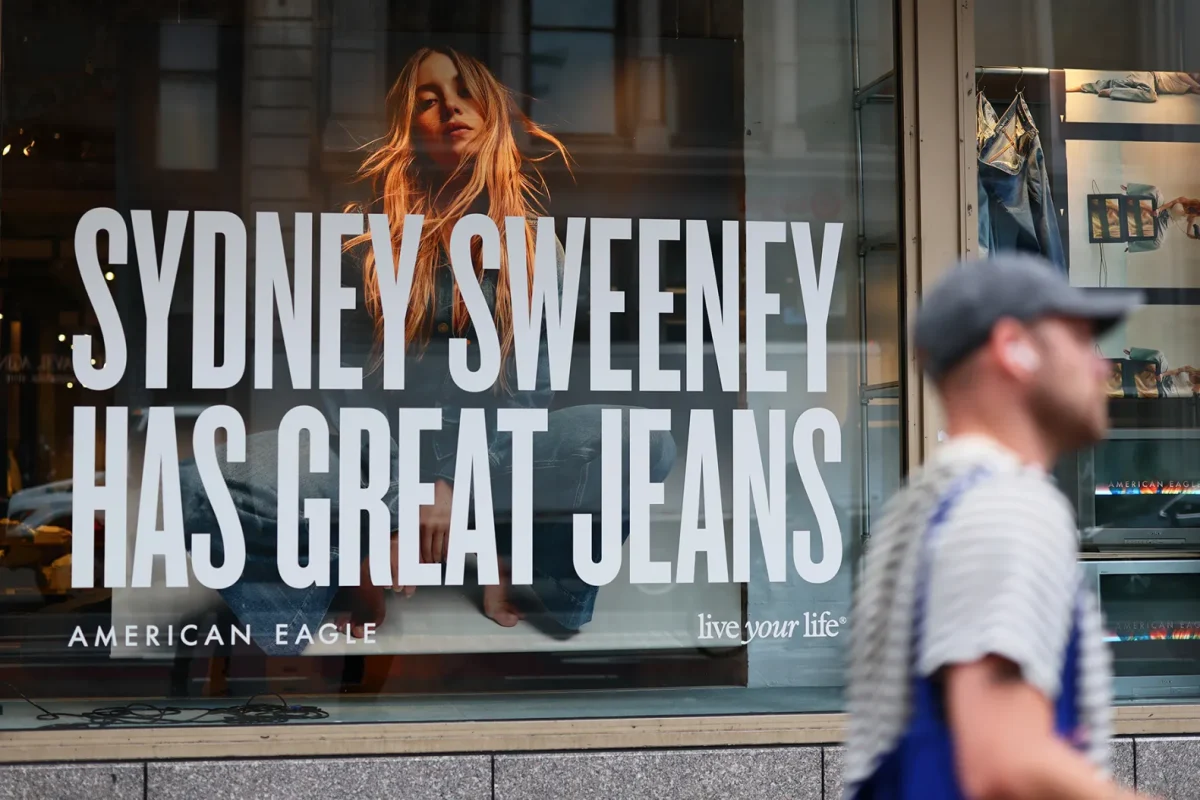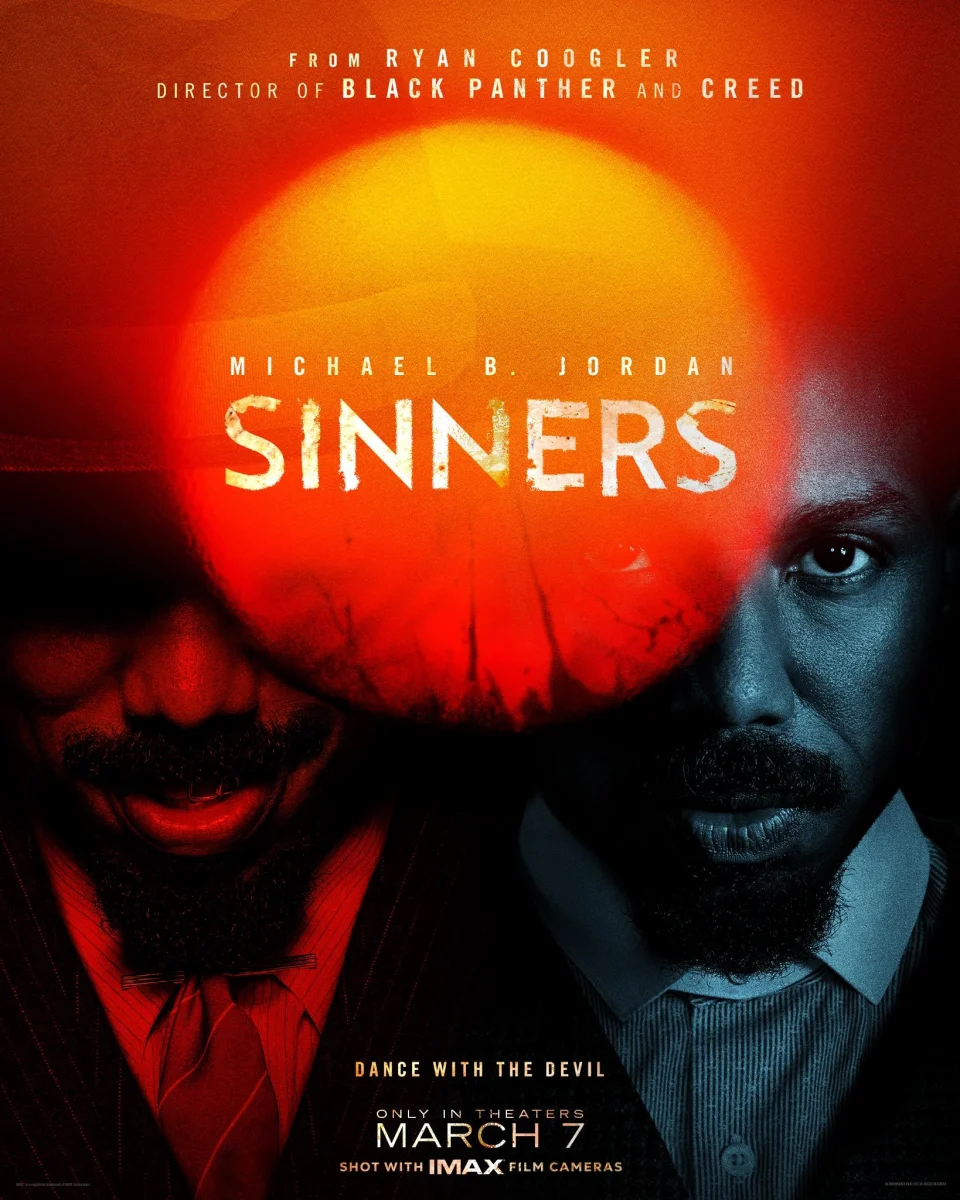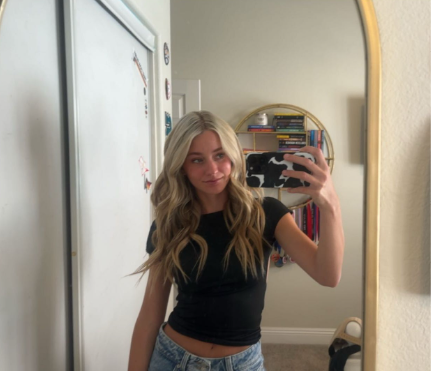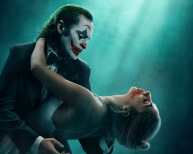
(SPOILER WARNING)
Joker (2019) was an extraordinarily rated film with a 4.4 audience rating and 68% on rotten tomatoes, with an even more extraordinarily anticipated sequel, Joker: Folie á Deux, yet it is failing miserably at both the box office and ratings. The film was rated with a low percentage of 33% on Rotten Tomatoes and an audience rating of 1.8 stars- much lower than what producers and fans expected. The real question, though, is why is the movie so horribly reviewed? And does it have something to do with the fact that it’s now a musical in contrast with the heavy subject material of its prequel? After watching the movie, it is fairly obvious where the most prevalent issues lie that are blocking the success of this movie; the cast, the plot, and the music.
The Cast
Praised heavily for his performance in Joker (2019), Joaquin Phoenix is back for his role as the star. While his performance lived up to the high expectations, his co-star Lady Gaga may have been the film’s downfall, as the focus was less on Joker (who the movie is named after and meant to portray) and more on her. Gaga plays Harley Quinn, Joker’s newfound love interest and motive for the film’s entire plot. However, there is no question that the audience likely associates what Gaga is known for worldwide- her music and what she adds to this movie. She sings and sings… and sings some more. She is a talented performer with an unbelievable voice, but the decision to cast her as one of the most important roles may have been a downfall to the film and the plot’s focus, as the audience associates her with something entirely different than the movie’s focus.
The Plot
The plot of Joker (2019) was highly complex, exploring the emotional distress, mental illness, and past experiences of an individual that led him to heinous crimes and his rise as a supervillain. For some, including myself, it even created a twisted feeling of rooting for the “bad guy.” However, the prequel lacked the same depth and complexity as the original and did not focus on what made Joker who he was. It also followed such a very basic storyline. Joker is in jail, meets the love of his life, sings (a lot), the courthouse in which his trial is held blows up, and a jailmate later kills him. No theme or apparent message can be found within the plot- everything’s meant to be implied. His mental illness was downplayed heavily and was hardly specifically portrayed; if the first film had not been watched, it would be hard to tell the exact mental illness he has. This is important to know because it is the root of his psychotic behavior and why he reacts a certain way to certain situations. His iconic laugh resulting from the Pseudobulbar effect has only been featured a small handful of times. There was simply no complexity and too much of what many would call madness– it was a mush pot of random ideas and songs.
The Music
The title, Folie á Deux, by definition, means “mental illness shared by two people in close association,” and the music initially was meant to highlight that Joker and Harley are sharing this disillusionment through song, as the context of the songs usually occur during illusions and fantasies in which one another are in them. However, it only highlighted how many of these songs there were. The movie had so many songs that it fell under the musical category. Typically, musicals are perceived as fun and lighthearted, in contrast to the heavy substance as was attempted to be portrayed in Joker: Folie a Deux. It entirely took away the meaning of what these songs stood for, and I found myself and heard many others in the theater groaning when the characters opened their mouths to belt out another note. Various media headlines seem to believe the same thing.
Joker: Folie á Deux had the anticipation and potential to rock the box office, but part two was not executed as well as it could have been due to the utilization of heavy concepts and complexity. Hopefully, a part three will be in the works, and the ultimate redemption with the perfect cast, plot, and complexity is to come.

